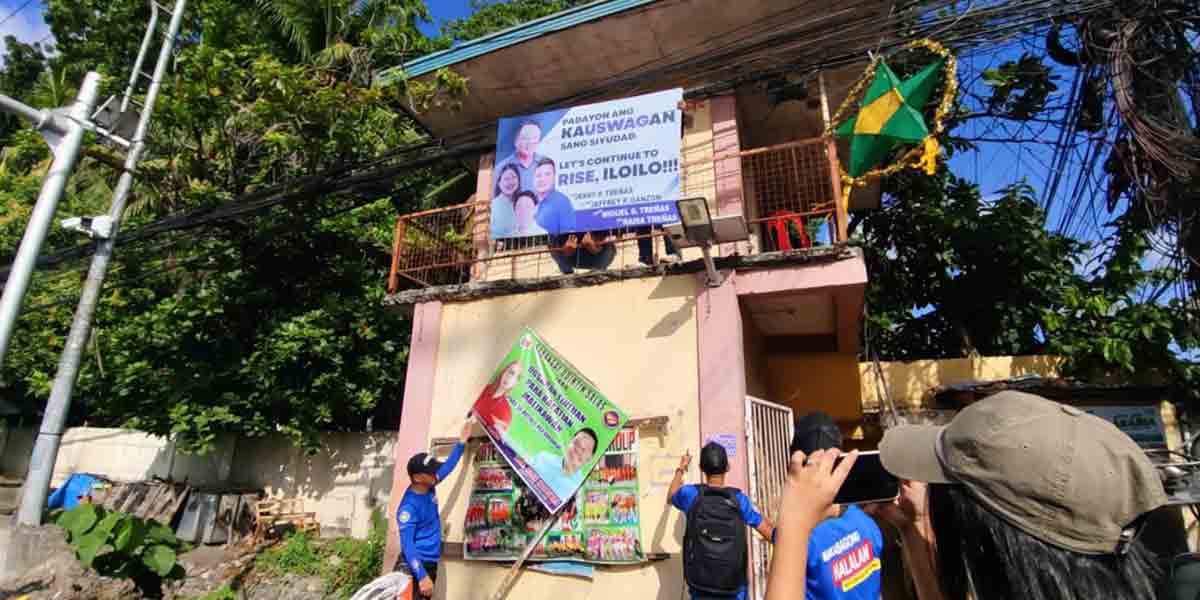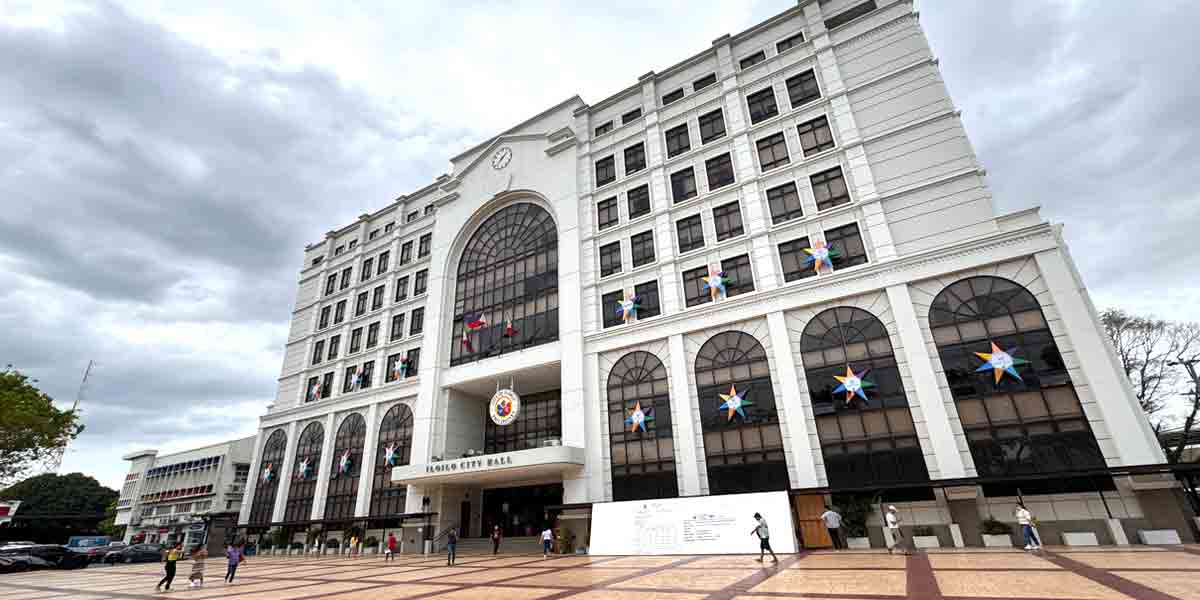
BACOLOD CITY – The inflation rate in Negros Occidental climbed to 3.5% in October from 3.2% in September, according to data released by the Philippine Statistics Authority (PSA) during a press conference on Wednesday.
The PSA defines inflation as the annual percentage change in the Consumer Price Index (CPI), which measures the average retail prices of a fixed basket of goods and services.
For the bottom 30% income households, inflation rose to 4.2% in October, up from 3.4% in September. This reflects an increase in prices affecting the province’s low-income earners.
Despite the month-on-month increase, inflation in October 2024 remained significantly lower than the 7.8% recorded in October 2023.
PSA Supervising Statistical Specialist Diesah S. Biaoco noted that this trend suggests “slower price increases year-on-year compared to the previous year.”
The major contributors to the overall inflation rate for all households were food and non-alcoholic beverages (3.5%), restaurants and accommodation services (9.2%), and housing, water, electricity, gas, and other fuels (3.6%).
The inflation rate for Bacolod City, meanwhile, dropped to 3.2% in October from 3.9% in September. For the city’s bottom 30% income households, inflation also eased to 3.8%, down from 4.5% the previous month.
Food Costs Drive Inflation
Food and non-alcoholic beverages drove the highest inflation contributions in Negros Occidental, with a 43.6% share. This was followed by housing-related costs (17.1%) and restaurant services (18.9%).
For Bacolod City, food prices increased by 2.6% in October, down from 3.0% in September. Housing-related costs also declined to 3.0% in October from 5.3% in September, accounting for 69.5% of the inflation rate in the city.
“While food prices continue to rise, the slower pace compared to last year is a positive indicator for household budgets,” Biaoco explained.
Decline in Specific Sectors
Lower inflation rates were observed for alcoholic beverages and tobacco in Negros Occidental, which dropped to 2.6% in October from 3.6% in September. Recreation, sports, and culture also saw a decrease, with inflation falling to 3.2% from 5.3%.
In Bacolod City, recreation and personal care services saw a slowdown in price increases, with inflation rates of 6.1% and 4.4%, respectively.





















